Google Chat: The solution for everyone Protrouble?
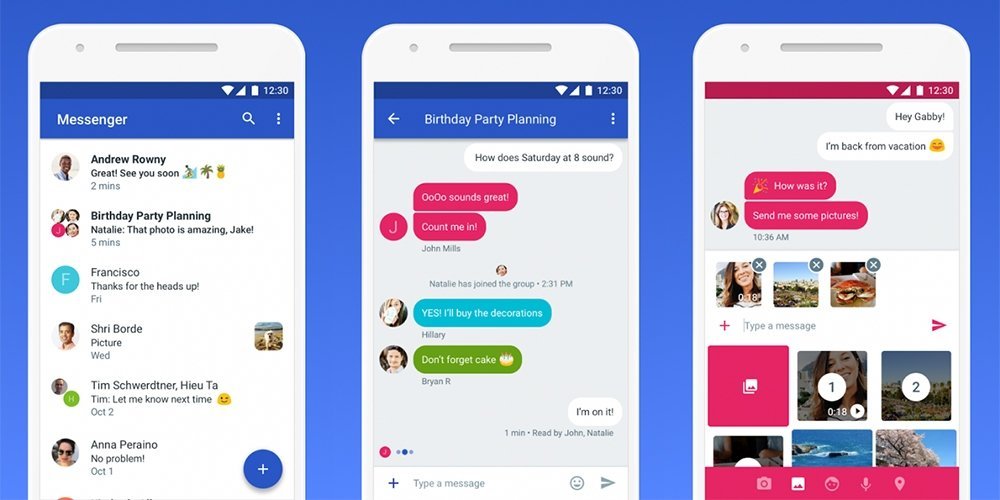
Messenger has never been Google's thing. Her ideas have always been supplanted by other services, such as iMessage from Apple, WhatsApp or Facebook Messenger. With Chat, Google wants to try (again) to change this.
Jump to section
Present Situation
Google is not very well positioned with its messengers, as just briefly indicated. Let's take a look at what the Mountain View company has up its sleeve right now. For one, there's Hangouts. Here it is Proproblem that the service has not been provided with updates for a long time. Besides that proGoogle is currently trying to compete with the team messenger Slack with this messenger, with more or less success. Then there is Google Allo. Here we have that Proproblem that Allo is used by far too few users. I'll explain how Allo works later. Google Duo was introduced at the same time as Allo, but this can only be used for video chats. With Android Messages you can only send normal text messages and we don't even have Google Voice.
Among other things, iMessage is to blame for the failure of the services just mentioned. iMessage offers users of Apple devices a uniform place to communicate with each other, which is why several messengers do not have to be used so that one can stay in contact with all of his friends and acquaintances. This unified place does not exist for Android.
Course of events
Google's first messenger was Google Talk. This was introduced in 2005 and had no competition at the time, which is why almost everyone used it at the time. Three years later, in 2008, the first version of Android appeared. Google used this opportunity and integrated the messenger in the company's first operating system. In 2009, Apple introduced push notifications on the iPhone, which in turn led to WhatsApp becoming quite well established. In 2011, Google Plus was introduced together with Huddle and Hangouts. Back then, Huddle could be used for text messages, while Hangouts only allowed video chats at the time.
At the end of 2011 iMessage and Facebook Messenger were introduced, which made people forget about Huddle and Hangouts pretty quickly. In 2013, Hangouts was expanded to include the ability to send text messages. Nevertheless, iMessage and Facebook Messenger continued to prevail. In 2016, the search giant went on the offensive again. Google Allo and Google Duo were presented to the public. Although Allo follows the same basic principle as iMessage, the service has far too fewer users. But what do I mean by “the same basic principle as iMessage”? Every time I send a message of any kind with the preinstalled messaging app on the iPhone or another Apple device, it is checked whether the recipient is also using an Apple device. If this does so, an iMessage is sent. Otherwise the recipient will receive a normal SMS.
Google Voice has been around since 2009, but, as noted earlier, we cannot use this service.
Chat as a solution for everyone Protrouble?
With Chat, Google now wants everyone Prosolve problems. It is important to understand that chat will not be a separate app in the PlayStore, rather it is an update for the existing Android Messages app, which is available in the PlayStore if it is not already preinstalled. Chat is the name of an already existing standard, which is called RCS. That stands for Rich Communication Services. If you want to compare it with iMessage and SMS, RCS is right in the middle. On the one hand, data volume is used to send and receive RCS messages, on the other hand, RCS messages, like SMS, are not encrypted. I will explain in a moment how the sending and receiving of RCS messages works.
- At the start, more than 50 mobile phone providers are already supported (Image: youtube.com/The Verge)
- In addition to Android, Windows is also supported at the start (Image: youtube.com/The Verge)
- Well-known smartphone manufacturers, such as Samsung, adapt their devices for RCS (Image: youtube.com/The Verge)
To be able to use this standard at all, you have to own a device that comes from a supported manufacturer and runs under one of the two supported operating systems, which are Android and, surprisingly, Windows. At the moment it is not yet known how the integration in Windows will look like. At the start, a total of 11 device manufacturers will adapt their devices. Another factor is that the mobile operator must support RCS. At the start of Chat, just over 50 providers support the standard.
How RCS works
If the criteria just mentioned are met by the sender and recipient, the following happens: A person sends an RCS message. This arrives from the terminal of the same person to the server of the mobile phone provider. From there it is forwarded to a kind of hub. The recipient then in turn forwards it to the mobile network provider's server so that the message then reaches the recipient's end device.
In my opinion, RCS is the completely wrong approach for the area of application in the case of Google. On the one hand, I believe that the complete rollout of Chat will take even longer, on the other hand, I do not imagine RCS to be as smooth as the functionality of iMessage in general, which is not based on RCS. Rather, it would have needed a similar approach to iMessage's, only further refined. We saw at Allo two years ago that one-to-one copying doesn't work.
Rollout of chats
According to Google, chats should be available to the first users in the near future, and the complete (worldwide) rollout should then be completed in two to three years. In addition, the further development of the messenger Allo has been discontinued in the meantime. However, I believe that the rollout is not happening in the form that Google itself would like it to be. The company from Mountain View wants to replace the old standard SMS worldwide with RCS, i.e. chat. This requires cooperation with hundreds of cell phone providers and hundreds of device manufacturers who have to adapt their services and devices to RCS. From my point of view, it doesn't just work that way. That they can do it in five years, maybe, but not in two or three years. With the best will.
Compatibility with Apple devices
Will chat ever be compatible with Apple devices? Another interesting aspect of the whole thing, after all, chat is supposed to replace SMS, which can also be sent with the iPhone. Now that Chat is launching, the new standard will definitely not be available on Cupertino devices for once. Will it ever come? Most likely. CURVED is definitely of the opinion that we will see a release on Apple devices. But I don't really think so. Apple will not shoot its own goal and a competitorproOffer a product to iMessage. On the other hand, it is also very unlikely that Apple will continue to rely on SMS until absolutely nobody uses it anymore. There's definitely still room for argument here.
Conclusion
Maybe you've already noticed, I'm not that excited about Google's idea of popularizing RCS. In principle, I think it's good that SMS should be replaced with it, as this technology is no longer the latest. I just think that Google will not be a great competitor for WhatsApp, Telegram and Co. with this. In my opinion, the iMessage approach would be needed here, only further refined. Copying the same from Apple again would go wrong, as has already been seen on Google Allo.
I wrote above that Google believes it will complete the entire global rollout in two to three years. That's all well and good, but I don't think it will happen that way. It could be a long time before all wireless service providers and all device manufacturers switch to RCS. I also stick to the opinion that there is never one complete There will be no rollout since Apple will never have a competitorproproduct for iMessage would offer, although one can still argue on the subject.
I don't know yet whether I will use the new RCS standard that quickly. On the one hand, I live in Austria, where it usually feels like an eternity before things like this come to us. On the other hand, all my friends and family members use WhatsApp for all messages with the TechnikNews Team I have Slack. So why use something else that nobody uses anyway?
Do you have an opinion on the topic? From there in the comments.

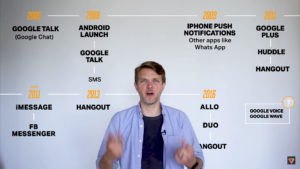
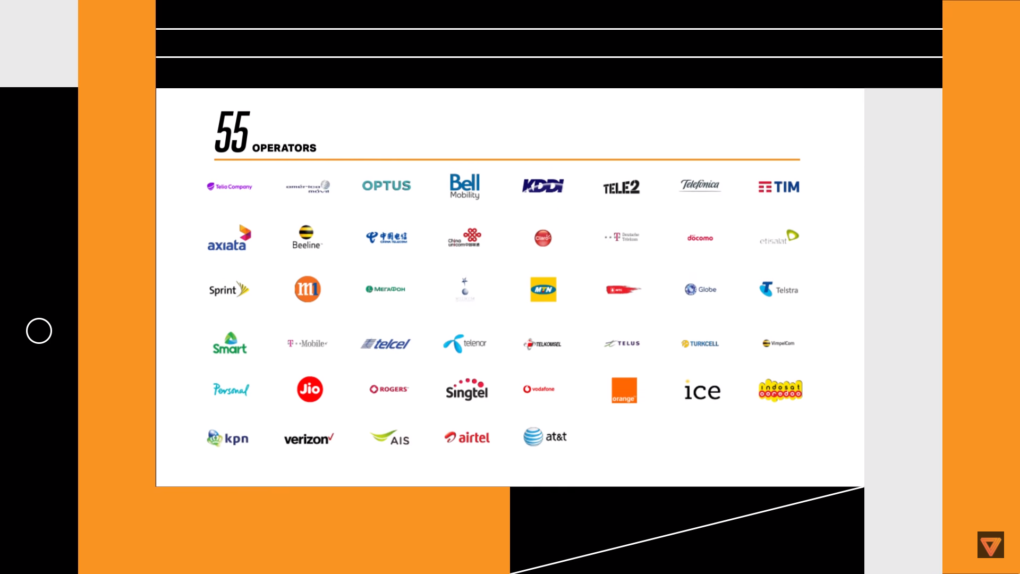
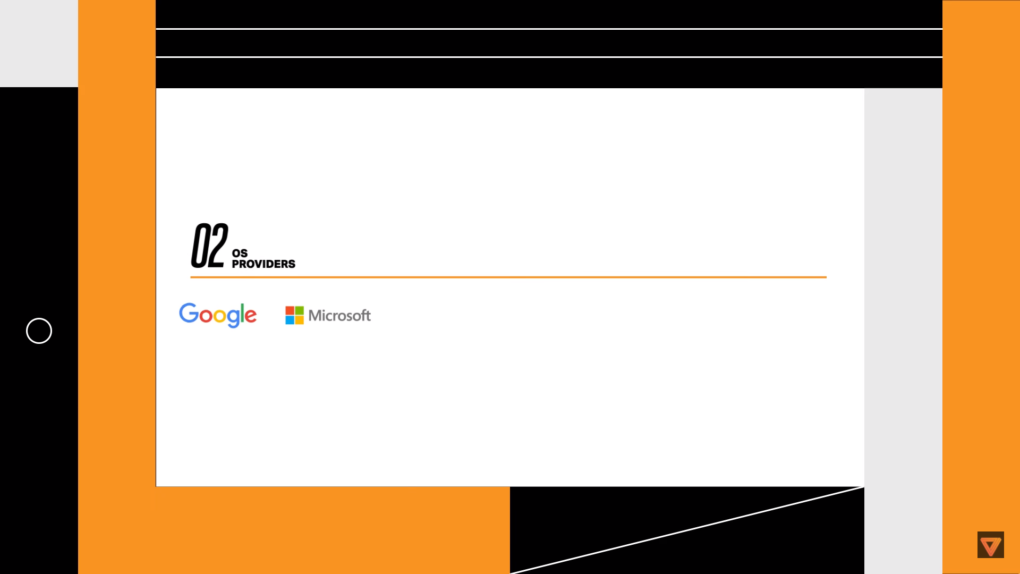
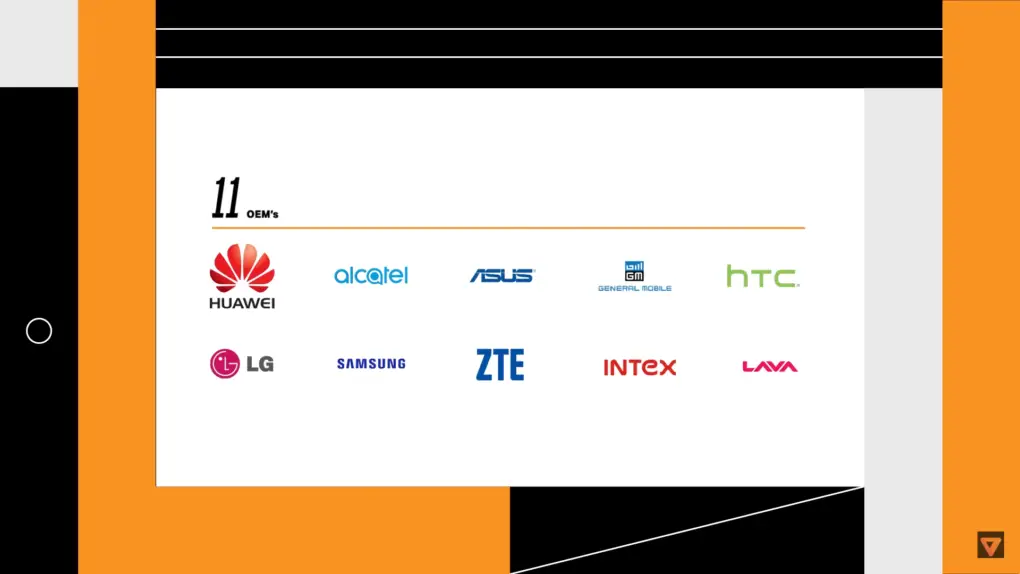
I believe in it! Why? Because I already use it every day and the “rollout” has long since started. In this case, however, there can be no question of a real rollout, because there is much more to it than just letting go of new software on the market.
Hello Ralf,
thank you for your opinion. May I ask which smartphone you use and which provider you are with?
Best regards,
David Haydl from TechnikNews